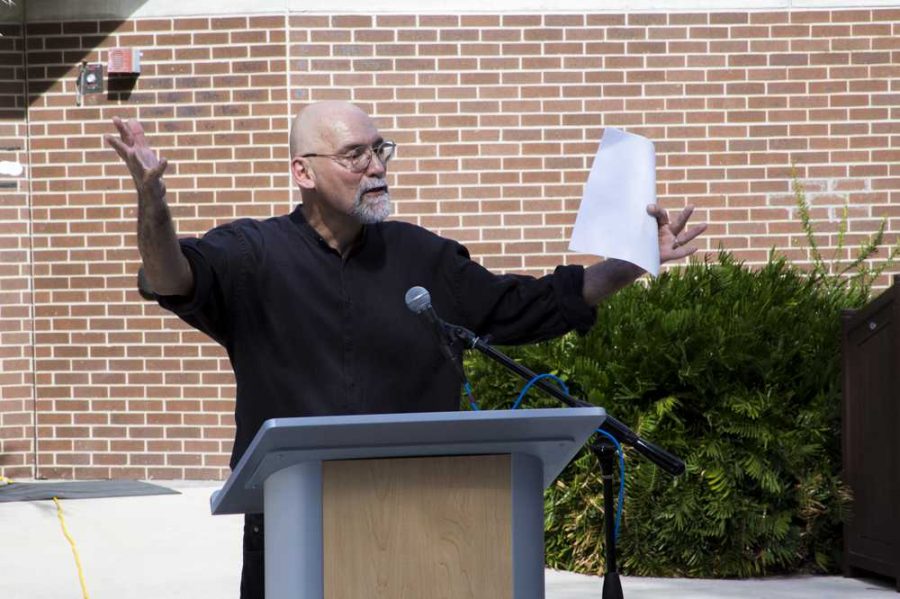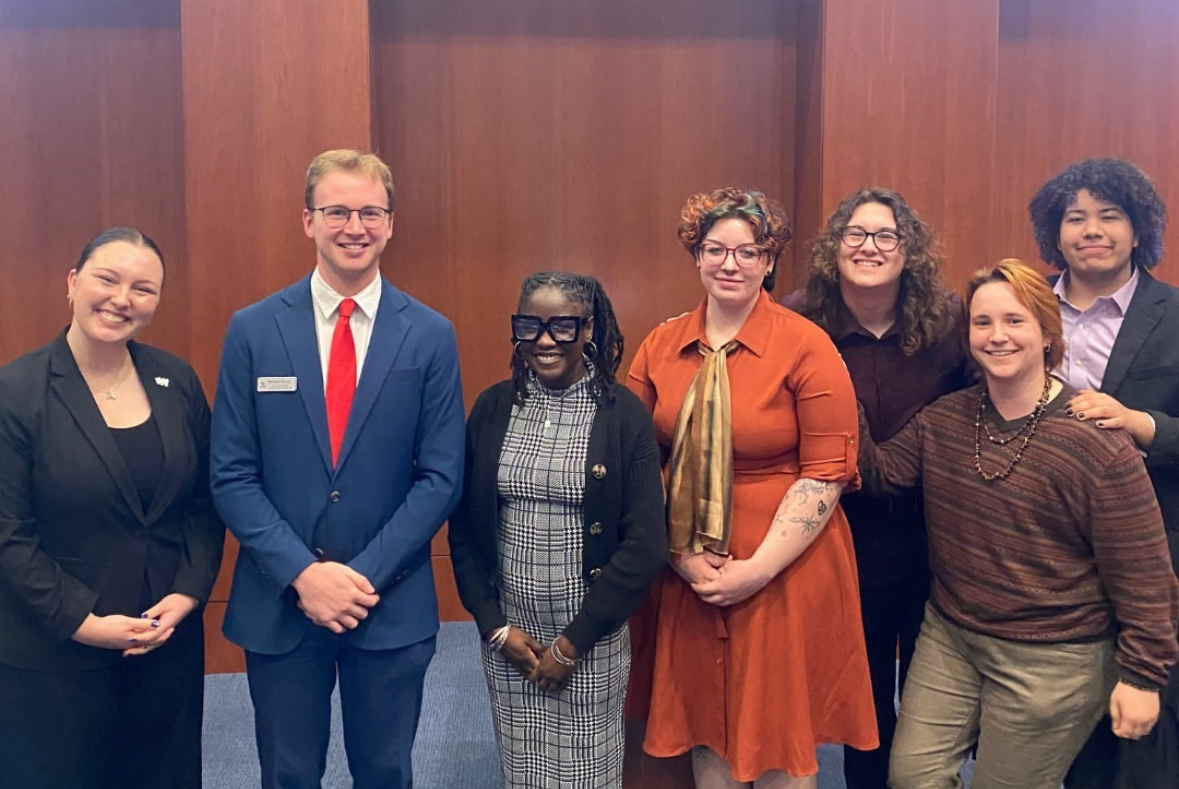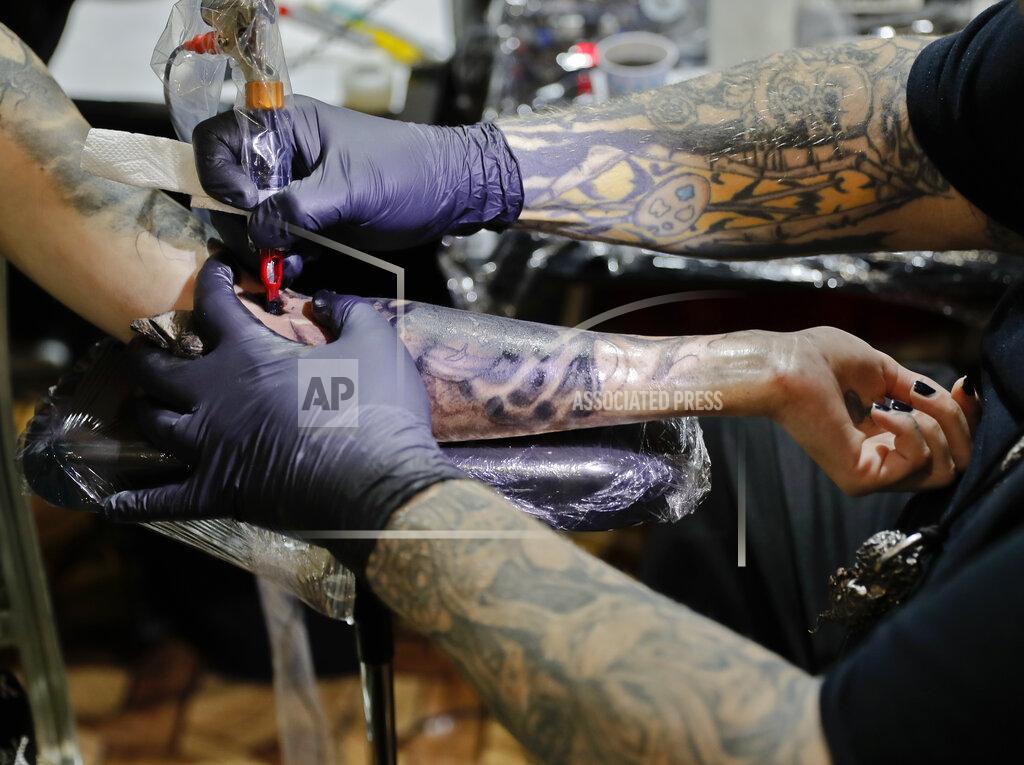
As decades have changed, so have policies on affirmative action. After noticing some of the demographics corresponding with certain affirmative action policies of one of the most elite Ivy League colleges in the country, Students for Fair Admission – a conservative organization led by Edward Blum – filed a lawsuit against Harvard in November 2014.
Affirmative Action is a concept that is global and appeared in the United States in the 1960s. The policy on this concept varies from country to country, but generally establishes a way to protect women and people of color against discrimination in processes of applying to jobs and schools.
On Monday Oct. 15, the case between Students for Fair admissions (plaintiff) and Harvard University (defendant) made it to court four years after the lawsuit had been filed.
The plaintiffs adhere to the claim that Harvard University has and continues to exhibit discrimination against its Asian-American applicants by placing a cap on how many are accepted to the university.
Harvard maintains the stance that this quota allows for more acceptances to go to other minority applicants, and helps to ensure diversity on campus.
The President of the Asian Students in Alliance club, Milesh Patel, met with Spinnaker on Friday, Oct. 19 to discuss his views on how affirmative action has been used in this lawsuit.
“I get why affirmative action existed back in the 60s and 70s because you had these civil rights laws, and you kind of wanted more of a push for diversity on campus,” Patel explained. “But now, I feel we’re at a point where affirmative action shouldn’t really be a thing anymore.”
Patel expressed his concern for students of any ethnicity to be turned away for the sake of a quota and stressed how strongly he believes in students admitted to their institutions based solely on merit.
“[Affirmative Action] is good in theory, but it kind of sucks in reality if you’re the one that didn’t get accepted because they didn’t want [more] Asian people,” Patel reasoned. “Or, like, whatever race or gender you are, you know?”
The Students for Fair Admissions group and Harvard University have both taken this opportunity to continue the dialogue on this issue by making it a fight over which approach to this policy will ensure the most diversity.
“[Harvard] shouldn’t worry about diversity. It’s going to come along naturally,” Patel said of Harvard’s claim that their quota method ensures a more diverse campus. “You shouldn’t try to force it. I don’t think anyone should be worried about getting rejected because you’re not the color they (universities) need right now.”
—
For more information or news tips, or if you see an error in this story or have any compliments or concerns, contact editor@unfspinnaker.com.















